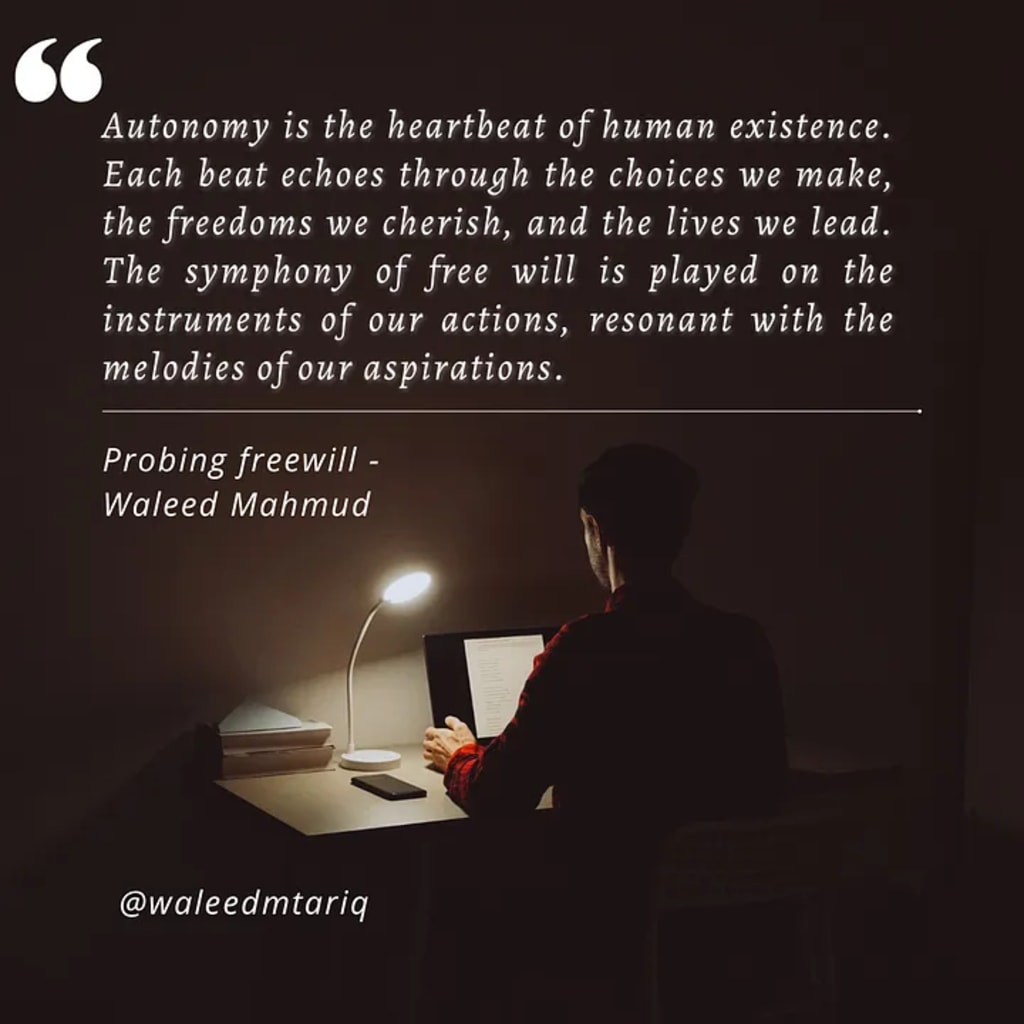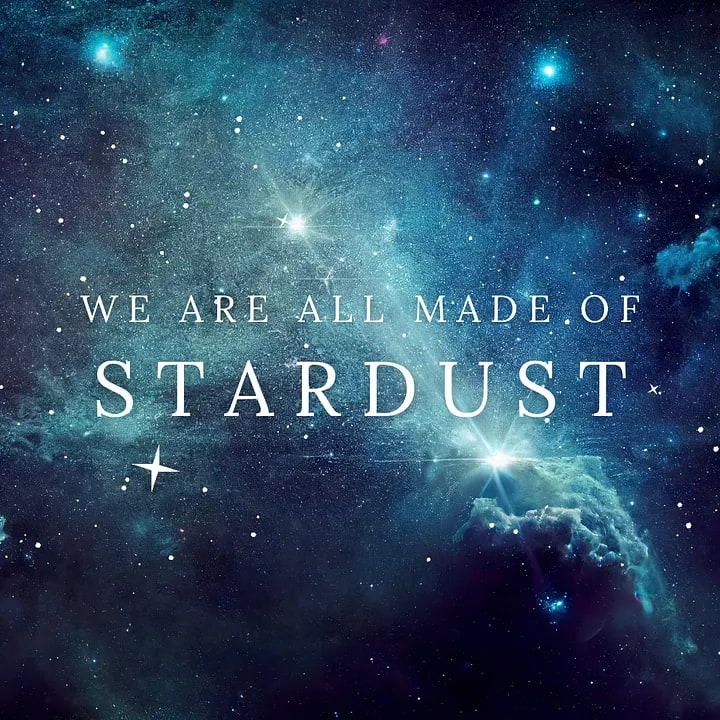
Human existence is riddled with questions that, perhaps, have no definitive answers. Throughout history, humankind has grappled with these fundamental queries: Why do we exist? What is the purpose of life?
The breadth and complexity of these questions often lead to what is known as an ‘Existential Crisis’, a stage in life where we question the very foundations of our being, our purpose, the significance of our actions, and the meaning of life itself.
Existential crises are not uncommon; almost everyone will face one at some point in their lives. For some, these crises provoke a deep philosophical exploration. Others may dismiss these ponderings as impractical distractions. However, the very act of questioning our existence is what distinguishes humans from other beings; we are creatures consumed by an insatiable need to understand our place in the universe.
To question the purpose of existence is to engage in the quintessential human endeavor. It is through this questioning that we discover not only the depths of our own being but also the profound connections that link us to all of humanity.
Creation and Existence
The vast array of explanations for the existence of the universe, and our place within it, vary widely and often contradict one another, yet none can be deemed superior, for all are built on assumptions that stretch our imaginations.
Polytheistic Views: In Hinduism, for example, the universe was created by Brahma, the God of Creation, as a place for souls that do not stay with him in the spirit world. This perspective offers a cyclical view of life and existence, rooted in reincarnation and spiritual evolution. This is where we get our concepts of ‘Karma’ and ‘Dharma’.
Monotheistic Views: In contrast, monotheistic religions like Islam, Judaism, and Christianity, often represented in texts such as the Quran and the Book of Genesis, suggest that a singular, omnipotent God created the universe explicitly for humankind. This creation-centric narrative places human beings at the center of God’s universe, giving profound and deep meaning to human life as part of a divine plan.
Scientific Explanations: Meanwhile, atheism and secular science provide another perspective through theories like the Big Bang, which posits that the universe began as a singularity, spontaneously expanding into the cosmos we know today. This view ascribes our existence to a series of cosmic accidents and natural laws, devoid of any apparent purpose other than the perpetuation of entropy and energy dispersion.
The Paradox of the Universe’s Existence
Stephen Hawking, in his book “A Brief History of Time,” contemplates the profundity of the universe’s existence and our pursuit to understand it. He proposes an idea that captivated me for years: that the universe and our ability to question its existence are interdependent. Without the universe, there is no one to ask about its nature; without the question, the universe’s existence has no observational relevance.
This notion places humans at a central point in understanding reality, making us the metaphorical God’s instruments in understanding itself.
Scientifically, our existence may seem incidental, a mere byproduct of physical laws. From quarks to nucleons, and atoms to molecules, we are composed of the same fundamental particles that constitute the inanimate world around us. Yet, there is something undeniably unique about the human experience, the consciousness, self-awareness, and our incessant quest for meaning.
The question of consciousness and its origin remains one of the great mysteries of science and philosophy. Are we truly superior to a rock, or is our perceived superiority just a comforting narrative we tell ourselves?
The absence of concrete evidence of consciousness in inanimate objects like rocks doesn’t necessarily confirm their lack of awareness, it merely underscores our limitations in understanding consciousness.

The Unrelenting Quest for Meaning
What makes human beings remarkable may not be an intrinsic superiority over other forms of matter but our relentless drive to seek answers. Our quest for knowledge and understanding, especially our ability to question our own existence, which highlights a fundamental aspect of our nature. It is this quest that propels us forward, encouraging us to explore the universe not just externally but internally, diving into the psyche and the soul.
The existential journey is not about finding absolute answers, for they may not exist, but about embracing the questions that drive our exploration of life. It is in this journey that we find purpose, forging meaning through our pursuits and reflections. Our exploration of existence is a testament to the indomitable human spirit, a spirit that persists in the face of the vast, often indifferent universe, continually seeking to carve out a space where we can understand, even if only fleetingly, our role in the grand cosmos.
Thus, whether our actions are predetermined or the product of freewill, the mere act of questioning our existence provides a profound sense of agency and purpose. It reaffirms our existence and cements our role as curious explorers in a mysterious universe. In embracing these existential questions, we engage in the ultimate human endeavor, pursuing truth and understanding in a world replete with mystery and wonder.
The whole journey is amazing characterized and quoted by René
Descartes, “Cogito Ergo Sum” — “I think, therefore I am”
About the Creator
Enjoyed the story? Support the Creator.
Subscribe for free to receive all their stories in your feed. You could also pledge your support or give them a one-off tip, letting them know you appreciate their work.





Comments
There are no comments for this story
Be the first to respond and start the conversation.